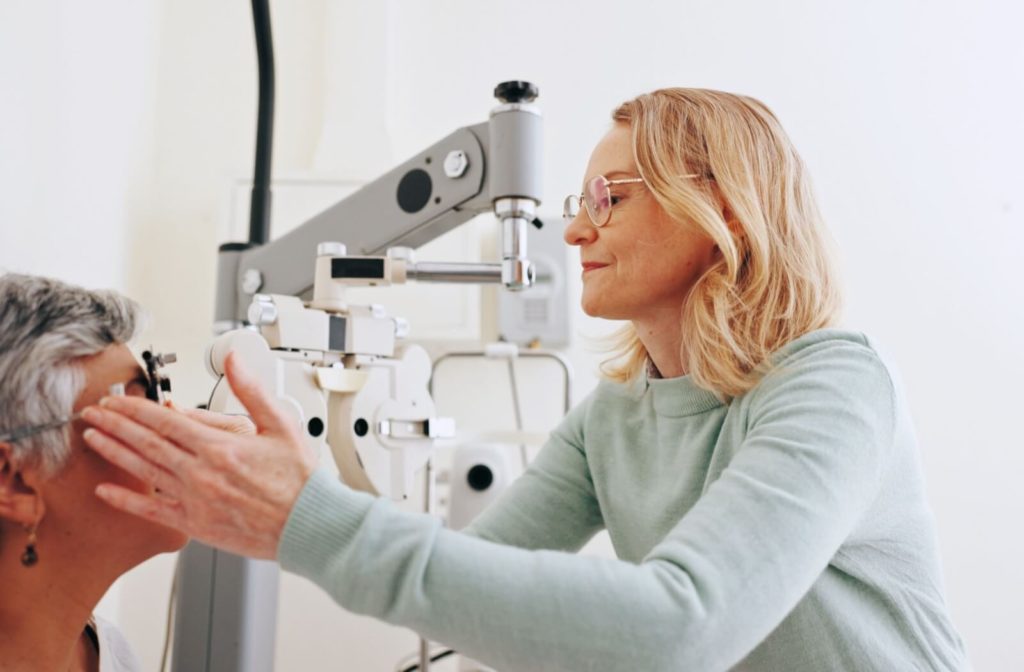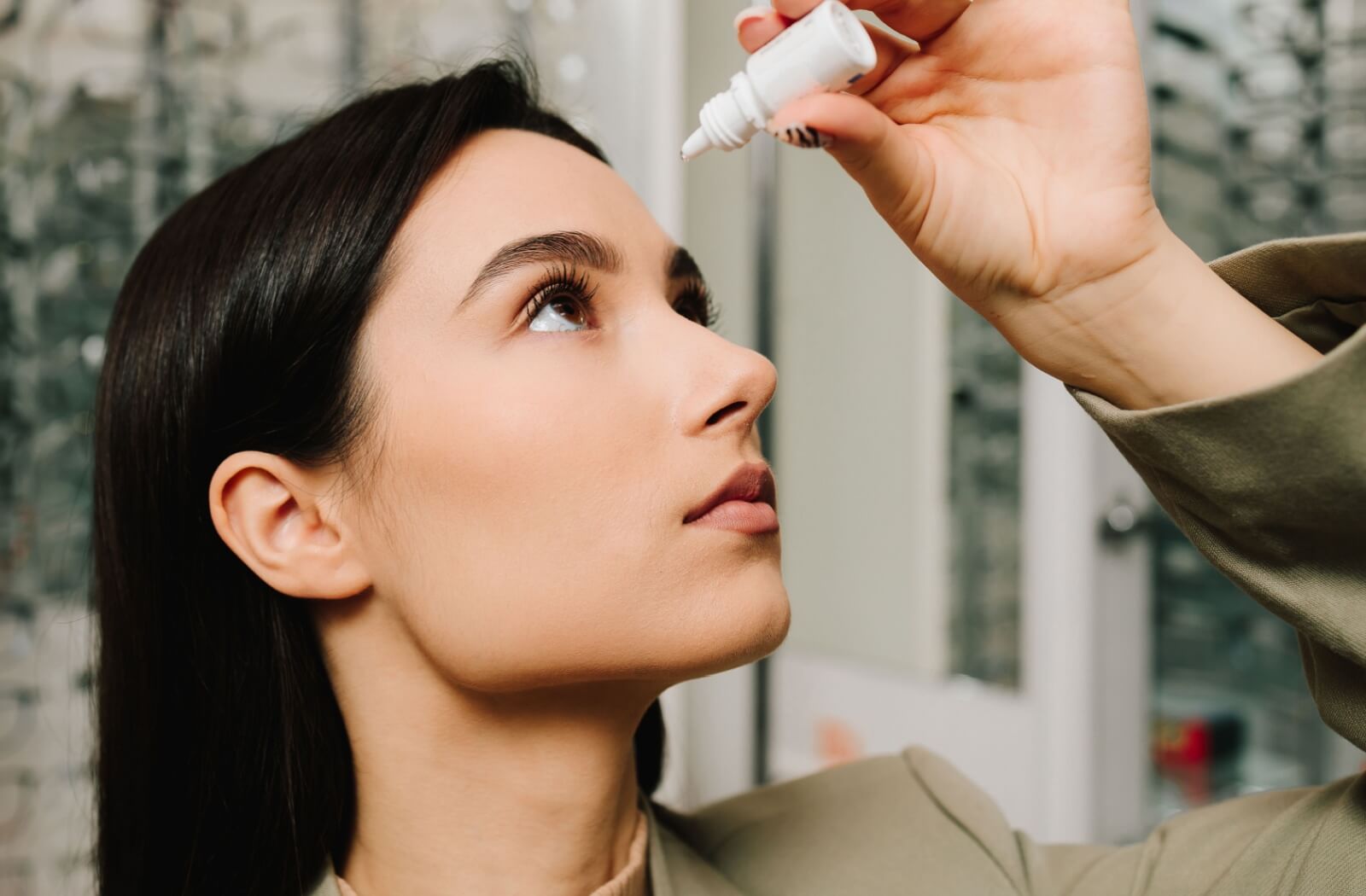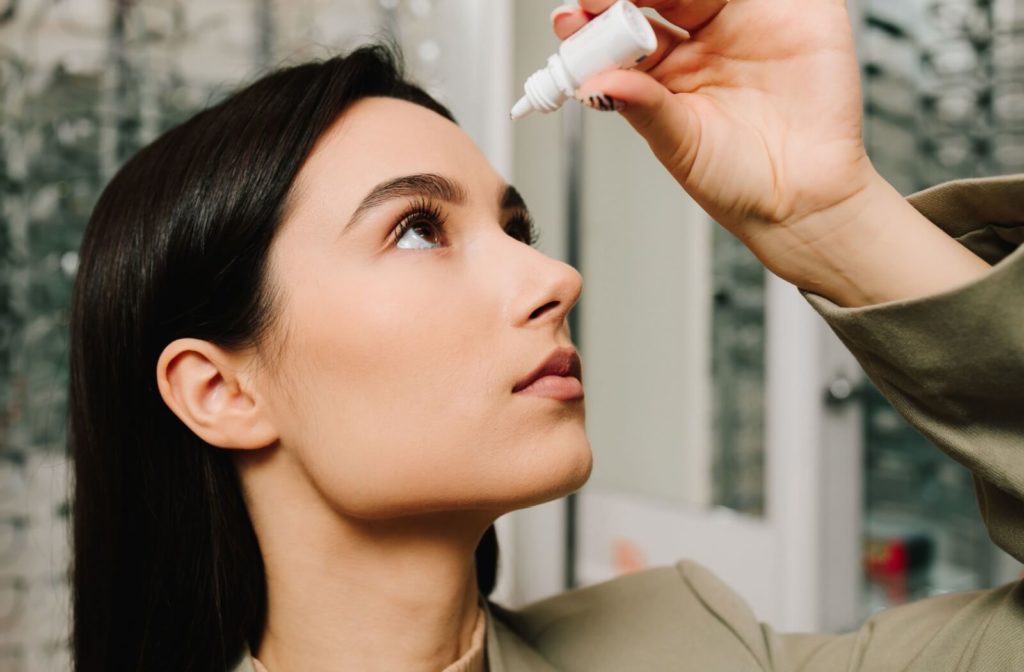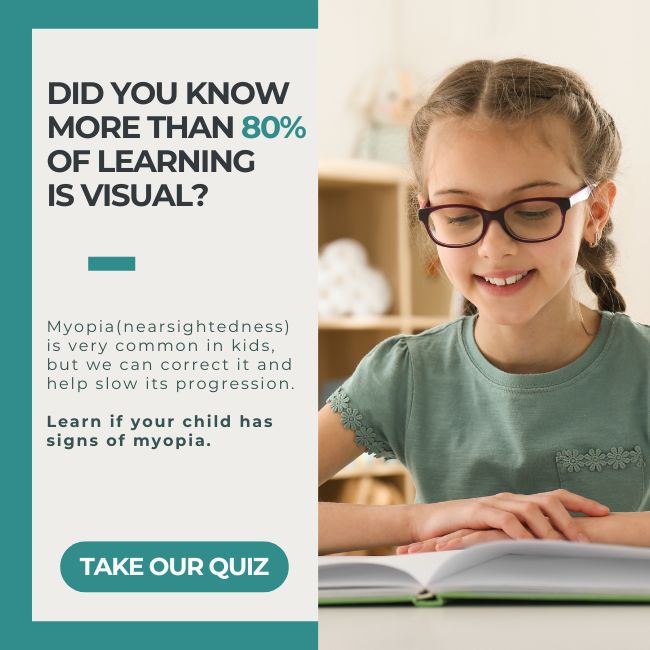Eye drops are used for many reasons, from helping relieve symptoms of dry eyes to treating an infection or preventing one after a surgical procedure. As a result, many of us have a bottle (or two) of eye drops stashed away in a drawer or medicine cabinet.
At Insight Eyecare we often receive questions about whether it’s okay to use eye drops that are past their expiration date. The short answer is: no, you should not use expired eye drops. It’s important to understand why expired drops can be risky, when and how you should dispose of them, and what you can do to ensure your eyes get the safe, effective care they deserve.
Our team at Insight Eyecare can pinpoint the underlying cause of your symptoms and suggest current treatments or practical lifestyle changes. From children’s eye care to seniors eye health assessments, we strive to help every member of your family maintain comfortable, functional vision.
Why Expiration Dates Matter
Eye drops can range from simple lubricants for dryness to medicated formulas that treat infections or inflammation. All these products have a strictly monitored shelf life. The expiration date is the point at which the manufacturer can no longer guarantee the solution’s purity, stability, or potency.
- Chemical breakdown: Over time, active ingredients begin to degrade. This breakdown may reduce their effectiveness or cause them to become chemically unstable.
- Sterility concerns: Eye drops are intended to be sterile to minimize infection risk. As preservatives lose effectiveness, the solution becomes more susceptible to bacterial or fungal growth.
How Eye Drops Become Contaminated
Contamination is a key concern, particularly when it comes to expired eye drops. Here’s how it can occur:
- Repeated opening: Each time you open a bottle, you expose the solution to air. Even a small number of bacteria can multiply over time.
- Contact with surfaces: If the dropper tip touches your eye, eyelashes, or fingers, microbes can transfer to the nozzle and enter the bottle.
- Weakening preservatives: Many eye drops contain preservatives that help keep the solution sterile, but these too degrade over time. Once they lose potency, bacteria and fungi have more opportunity to grow.
When you place contaminated drops in your eye, you risk introducing harmful pathogens that may lead to redness, itching, discharge, and more serious infections. If left untreated, some infections can cause damage to the cornea or other structures in the eye, potentially affecting your vision.
Potential Risks of Using Expired Eye Drops
Ineffective Treatment
If you’re using expired drops for conditions like dryness, infection, or inflammation, you may not get the relief or resolution you need. In the case of medicated drops (for example, antibiotic formulations), this could allow an infection to persist or worsen.
Relying on expired antibiotic eye drops carries added risks because their weakened potency may leave infections inadequately treated, which could also foster antibiotic resistance.
Eye Irritation
Expired solutions often lose their proper chemical balance. A product meant to soothe dryness could instead irritate the eyes, causing stinging, burning, or redness.
Allergic Reactions
As ingredients break down, they can become less stable. This change can lead to unexpected reactions—even if you’ve used a similar product in the past without issue.
Infection Risk
Perhaps the most pressing concern is contamination. Bacteria or fungi in your drops can lead to eye infections, which may cause pain, discharge, and vision disturbances.

Signs Your Eye Drops May Be Compromised
It’s possible you’ll notice warning signs before you realize a product is expired. Here are some clues:
- Discoloration or cloudiness: If the liquid looks different than it did when you first opened it, it’s time to throw it out.
- Strange odor: A foul or off smell can indicate bacterial growth or chemical changes.
- Residue around the bottle: Crust or residue on the dropper tip or cap can be a sign of contamination.
- Change in consistency: If the drops have become thicker or grainy, don’t risk using them.
In any of these scenarios, stop using the product immediately. Even if you don’t see or smell anything unusual, remember to check the printed expiration date.
Preventing Early Expiration
When it comes to using eye drops, there are some simple rules you can follow to help prevent early expiration and encourage proper use. To ensure you get the full value and safety from your eye drops:
- Store them properly: Keep bottles in a cool, dry environment away from direct sunlight.
- Follow the 30-Day rule: Some eye drops, especially preservative-free ones, may only be safe for a specific time after opening. Check the label for guidance.
- Buy smaller bottles: If you only need drops occasionally, opt for smaller containers so you’re less likely to exceed the expiration date.
If you need drops regularly for chronic dry eye or other ongoing conditions, stay attentive to how quickly you use them. You might find you’re finishing a bottle well before it expires, making the chance of using an outdated product much less likely.
When to See an Optometrist
Even if you have non-expired drops on hand, it’s vital to seek professional guidance if:
- Your symptoms persist: If redness, itching, or discharge continues for more than a few days, there could be an underlying condition that needs attention.
- Vision changes: Sudden blurriness, double vision, or floaters are signs you should see an eye care professional.
- Pain or severe discomfort: Sharp or throbbing pain might indicate a more serious issue, such as an infection or injury.
Our team at Insight Eyecare is dedicated to providing personalized recommendations and treatments. Regular checkups help catch potential concerns early, ensuring you receive the care you need right when you need it.
Protect Your Eye Health at Insight Eyecare
Your eyes are precious, and taking care of them means being mindful about the products you use—especially eye drops. You should not use expired eye drops, because they may not work as intended and can increase the risk of irritation or infection. Instead, inspect your bottles regularly, store them according to the label, and follow the expiration date closely.
If you have questions about your current drops or suspect you need a prescription update, our team at Insight Eyecare is here to help. Schedule an appointment to discuss your concerns, and let us guide you toward solutions that keep your eyes healthy, comfortable, and well-protected.







